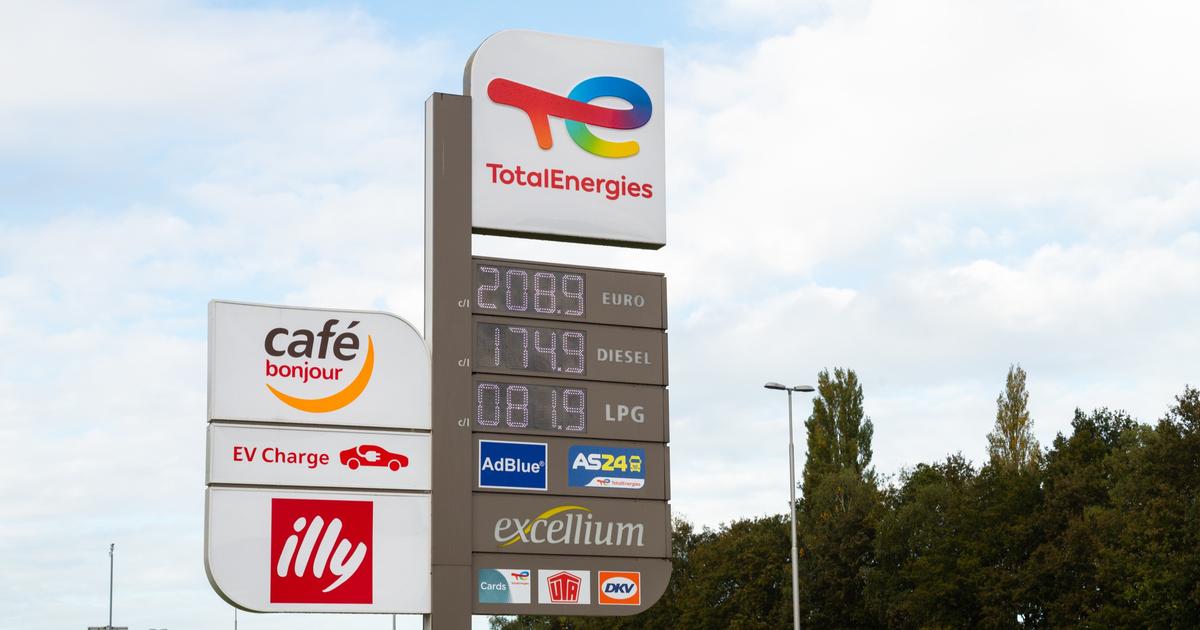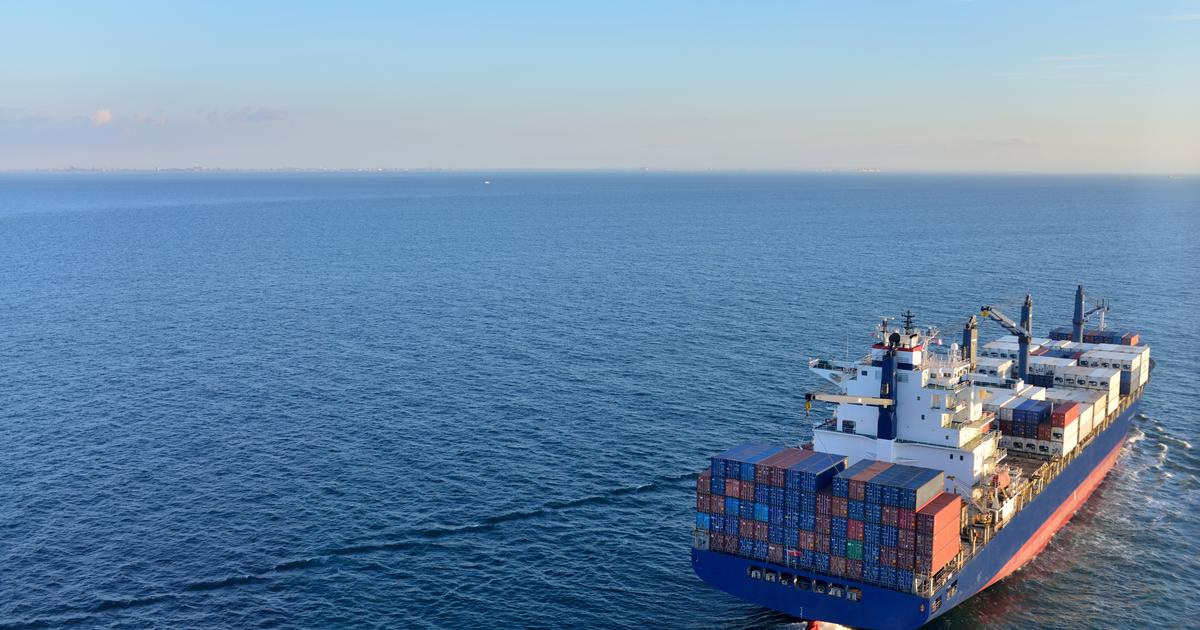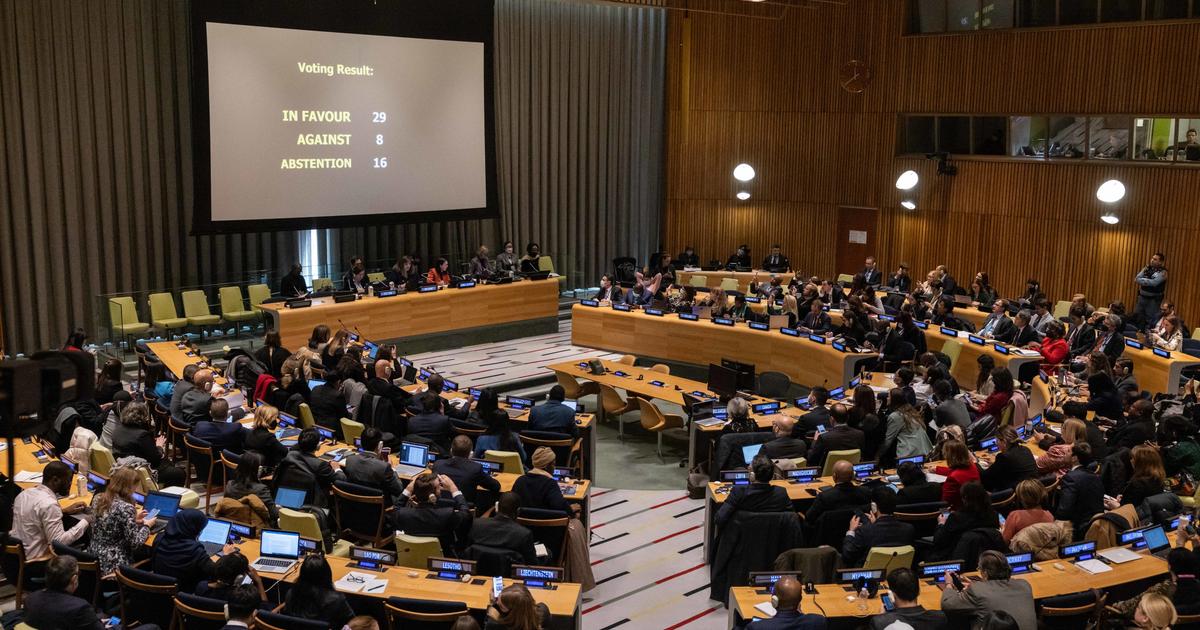A hard blow for the wallet of the French? OPEC heavyweight Saudi Arabia decided on Sunday to make a new production cut in the hope of raising oil prices at half-mast, in an economic context clouded by the war in Ukraine.
This voluntary reduction of the order of one million barrels per day applies from July and "can be extended", said Saudi Prince Abdelaziz bin Salman at a press conference, after a meeting in Vienna of the thirteen members of the Organization of the Petroleum Exporting Countries (OPEC) and their ten allies led by Russia.
In addition, the reductions introduced since early May by nine countries, including Riyadh and Moscow, for a total of 1.6 million barrels daily, "are extended until the end of 2024," Russian Deputy Prime Minister Alexander Novak told reporters at the exit. The negotiations lasted several hours, with media reports of differences between the 23 participants, who represent 60% of the world's production of black gold.
" READ ALSO Oil: world production, embargo on the Russian barrel... Why you shouldn't worry
After difficult discussions, the United Arab Emirates, eager to pump more, has obtained an increase in the basis for calculating its crude production quota, according to the new table published by OPEC. According to Bloomberg, this request was initially met with the reluctance of Angola, Congo and Nigeria, which in return saw their objectives lowered next year while they are struggling to achieve them.
Far from the peaks of March 2022
This gesture by Riyadh comes as prices have fallen in recent months despite the surprise announcement in early April of drastic cuts. The measure actually failed to raise prices in a market depressed by fears of a global economic recession, rate hikes by major central banks and the laborious recovery of demand in China after the end of anti-Covid restrictions.
Brent, the crude benchmark in Europe, is currently trading at $76 per barrel, and its US equivalent, WTI, at $71 – far from the highs recorded in March 2022 at the beginning of the conflict in Ukraine (nearly $140). While signs of discord between Riyadh and Moscow threatened to disrupt the meeting, OPEC + displayed a united front by keeping the same course. Russia is, in fact, reluctant to further tighten the floodgates of black gold – a windfall used to finance its military offensive against Ukraine.
Read alsoDiesel, gasoline... Here are the networks where fuel is really cheaper
Because Moscow would hardly benefit from higher prices. Due to Western sanctions, only Russian oil at a price of $60 or less can continue to be delivered. Beyond this ceiling, it is forbidden for companies to provide services allowing maritime transport (freight, insurance, etc.).
"On the other hand, Saudi Arabia needs higher prices to balance its budget," said Barbara Lambrecht of Commerzbank, who spoke of a break-even point of around $80 a barrel for Riyadh. "We didn't have any disagreements. This is a joint decision made in the interest of the market," Novak said.
During the last major crisis in March 2020, Russia refused to cut its production to support prices pulled towards the abyss by the Covid-19 pandemic. The Saudi kingdom then flooded the market with oil, permanently lowering prices. "Saudi Arabia does not want this scenario to happen again, nor does Russia," according to CMarkits expert Yousef Alshammari.








